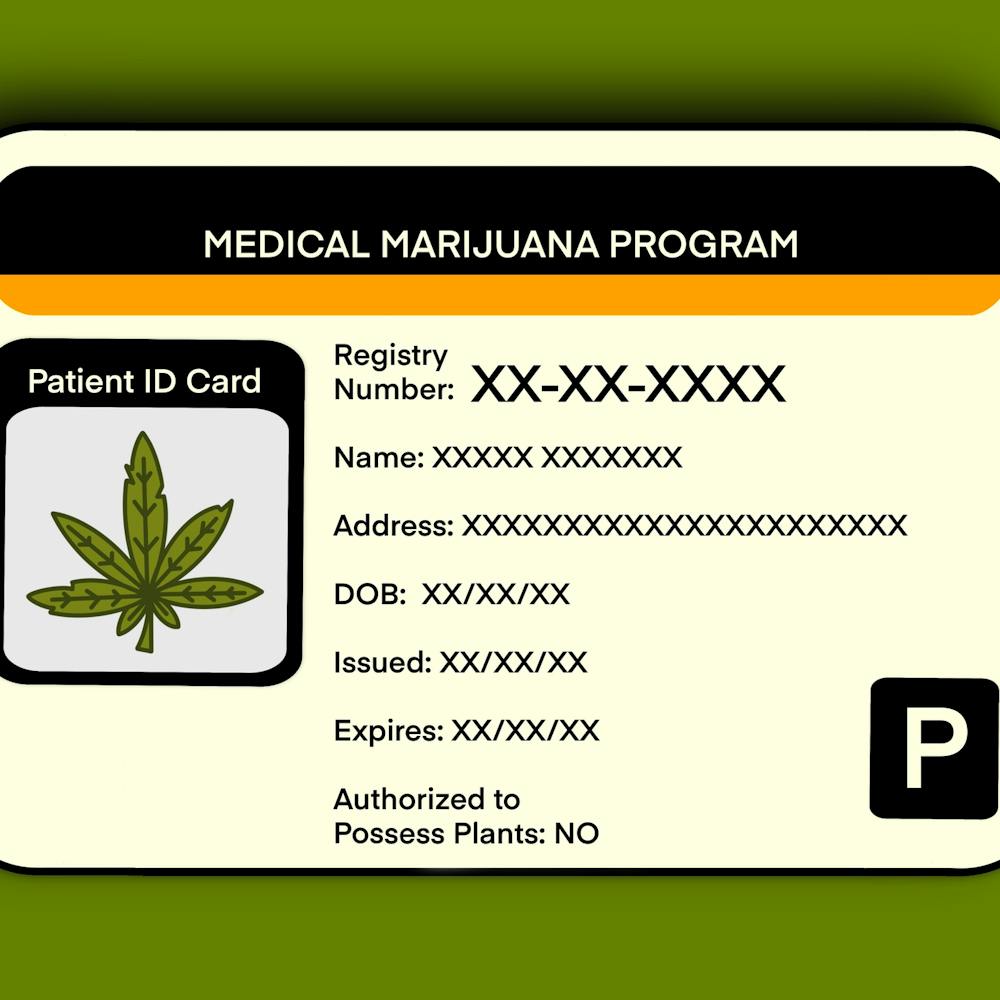If superdelegates could shoot laser beams out of their eyes, run really fast or fly, things might be different.
But apparently few people have heard of them until now. They’ve come under close scrutiny at a time when they could have a definitive say in who will officially be the Democratic Party’s 2008 presidential nominee.
And upon closer inspection, it becomes clear they’re not so “super.”
It all goes back to the 1968 presidential elections, when it became apparent that influential Democratic party members had a very big say in who was the presidential nominee — most primary voters voted for a certain kind of candidate, but the convention nominated Hubert Humphrey instead. Later the party chose to reform its ways and lessen the power of those Democratic bigwigs, which didn’t really make the process more efficient.
It was in the 1984 presidential election that superdelegates started to matter. These people are selected Congress members, Democratic governors and other appointed superdelegates, such as former President Bill Clinton and former Vice President Al Gore.
It should be noted that the Republican party does not have superdelegates, however, 123 members of the Republican National Committee may vote for any candidate at the GOP convention this summer in Minneapolis, without the obligation of voting for the constituents’ top choice.
Those in this elite Democratic Party group, about 796 in the current election cycle, are simply granted their title and can vote any way they choose – there are no rules stipulating they must vote in the same way as their constituency. Superdelegates can be a tie-breaking vote in elections when there aren’t a lot of votes differentiating candidates.
And looking at the race between Sens. Barack Obama, D-Ill., and Hillary Clinton, D-N.Y., it might come to that. Even before the caucuses and primary races, superdelegates started to pledge their votes to certain candidates. But as Obama takes a slight lead against Clinton based on votes, these special party members need to decide whether they should honor the majority of voters or choose the candidate they personally want in office.
The fate of our nation rests in the hands of these chosen few, who technically have no obligation to anyone. That shouldn’t be how democracy works.
This presidential election highlights a major weakness in the Democratic Party’s system. The majority of voters make a decision that is filtered and refined by the national convention – the voters choose the amount of delegates each candidate receives, but the superdelegates might have the power to nominate someone else.
Even if they reaffirm the voters’ decision, the existence of such a group seems like a redundant waste.
A candidate shouldn’t pander to and depend on superdelegates, especially when voters make it clear they don’t want them in the White House. The power to elect a party nominee should be in the hands of the people. When voters cast their ballots, they need to be reassured each vote counts.
And to do that, the Democratic Party needs to upgrade its system. The Democratic National Convention should rely more on the vote of the people, and not the interests of a popular party member.
That’d be super.
Support student media!
Please consider donating to The State News and help fund the future of journalism.
Discussion
Share and discuss “No room for superdelegates in democracy” on social media.




